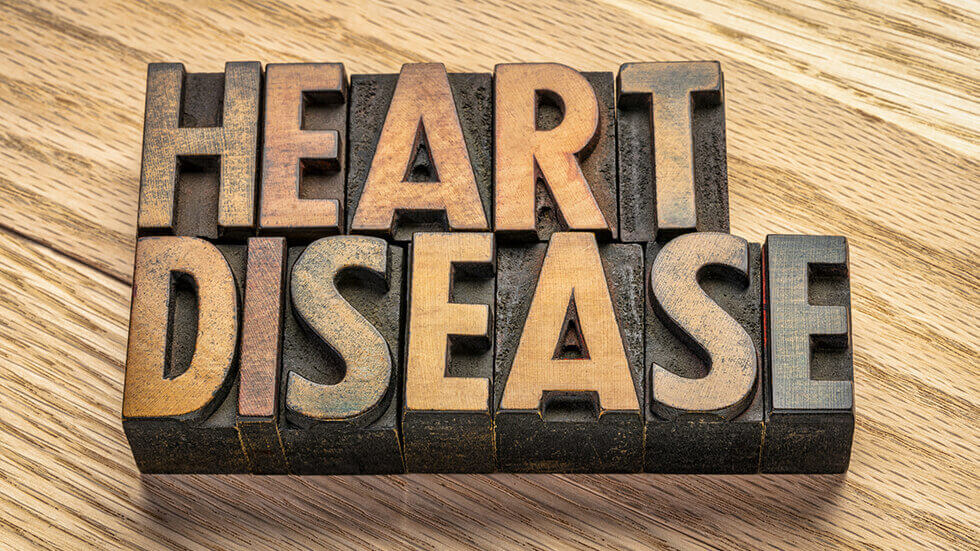


Heart disease is a catch-all phrase for a range of conditions affecting heart structure and function.
Take care of your heart by understanding the types of heart diseases and adopting heart-healthy lifestyle strategies to reduce the risk.
These are four different types-
Coronary heart disease
It develops when the arteries of the heart are unable to deliver enough oxygen-rich blood to the heart. It is caused by the buildup of plaque inside the lining of coronary arteries. Symptoms of this disease may vary from person to person even if they have the same type of coronary heart disease.
Arrhythmia
An arrhythmia is an uneven or irregular heartbeat. The heart beats either too fast or too slow, resulting in a broad range of symptoms. It may show up as a pounding in your chest or feeling as though your heart is skipping a beat.
Heart valve disease
This type of heart disease occurs when one or more of the valves in your heart don’t work properly. The causes include leakage of a valve, or the congenital absence of a valve opening (atresia).
Heart failure
It occurs when your heart muscle does not pump enough blood to meet the demands for blood and oxygen required by the body.
Sometimes heart disease may occur with no recognized symptoms (silent) and not diagnosed until a person experiences a cardiac event such as heart attack. Some of the alarming symptoms of heart disease are:
Certain traits, conditions, or habits may increase your risk for heart attack and other heart related problems. Addressing controllable causative factors puts you on a path toward better heart health.
The key factors that cause heart diseases include
Taking preventive steps is crucial at an early age. The above mentioned key factors are also the major causes contributing to heart attack at young age.
Making changes in the lifestyle proactively is the key to a healthy heart. These simple steps may prevent the risk of heart attack and delay heart diseases.
Individuals should see their healthcare provider regularly to undergo screenings. Risk assessment is an important to know your risk of developing heart diseases. Making India Heartstrong website helps you calculate your risk. Know more about heart diseases and heart attack recovery by visiting the website.
High blood pressure may contribute to increasing risk of different types of coronary heart diseases. It causes your heart to work harder as it damages the arteries by making them less elastic, thus decreasing the flow of blood and oxygen to your heart. Over time, a higher workload leads to the thickening of heart muscles. Along with, cholesterol deposits in the blood vessels, it increases the risk of a heart attack. Also, with high blood pressure, the heart weakens over time which may lead to heart failure.
Exercise strengthens the heart and improves the function of the heart by making it more efficient and blood vessels more flexible. The increased flexibility of the blood vessels makes them resistant to the buildup of fatty deposits—a known contributor to heart disease. Regular work-up lowers your blood pressure and regulates your blood sugar level and prevent different types of heart diseases.
Heart attack can happen at any age. At present, many heart diseases are happening to people in their 20s and 30s more and more often. The main causes of heart attack at a younger age include high blood pressure, high cholesterol and smoking. Physical inactivity, obesity, diabetes and unhealthy eating patterns also contribute to increased risk of heart attack, stroke and other heart health problems.
After a heart attack, it is important to manage risk factors (such as high blood pressure, high cholesterol level, and diabetes) by taking regular medicines, quitting smoking, eating heart-healthy food, controlling stress levels, and getting active. This helps you reduce your risk of heart attacks in future.
A heart-healthy diet consists of lots of fruits and veggies, whole grains, lean poultry, and fish and low in saturated fats, trans fats, and excess sodium and sugar. As a rule of thumb, your plate should be half full and should contain a variety of vegetables at every meal.